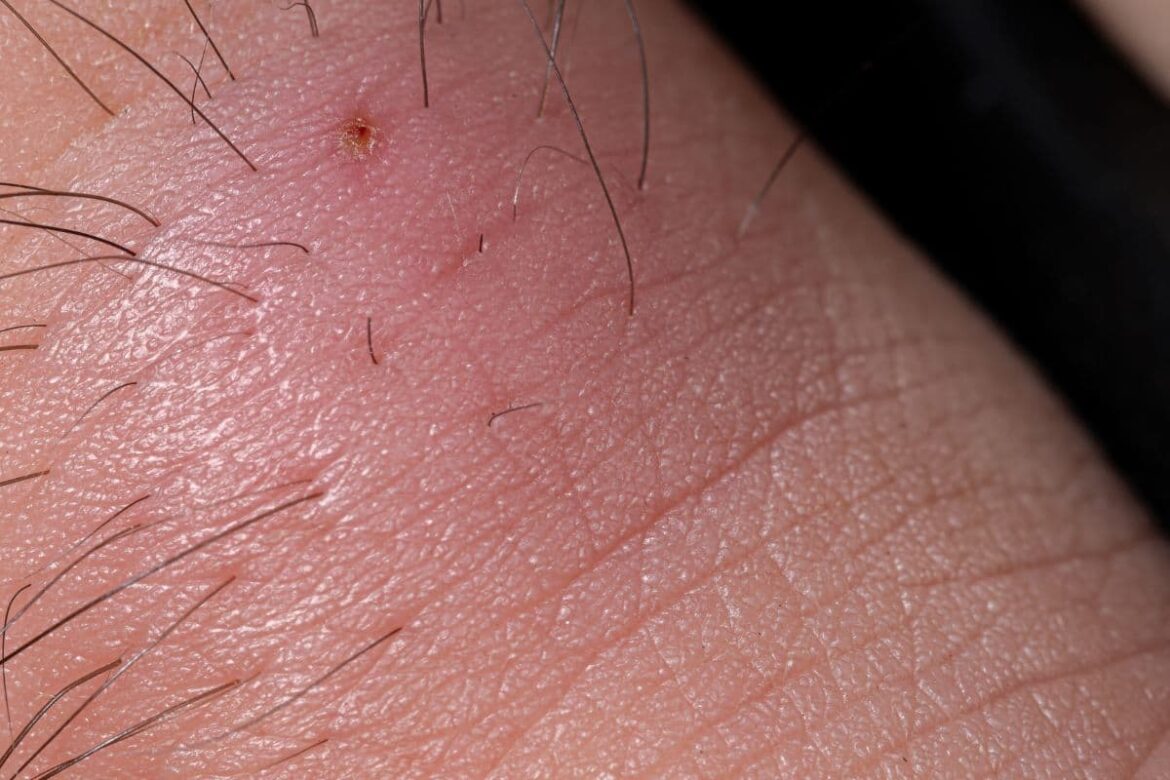Ingrown hairs can be a common and uncomfortable issue, often resulting from shaving or waxing. Although there are various treatments and remedies available, one natural and effective approach is using essential oils. These oils offer numerous benefits such as soothing inflammation, promoting faster healing, and preventing infection.
Essential oils like tea tree oil and geranium oil have been shown to be particularly helpful in addressing ingrown hair issues. Tea tree oil, derived from the Melaleuca alternifolia plant, is widely known for its ability to improve skin health, whereas geranium oil can combat cellular damage and even out skin tone. Other essential oils, such as oregano oil and peppermint oil, also have unique attributes that make them suitable for treating and preventing ingrown hairs.
When using essential oils for ingrown hair treatment, it is crucial to dilute them with a carrier oil to prevent irritation or other adverse reactions. By understanding the different essential oils and their specific properties, individuals can find the most suitable option to address their ingrown hair concerns effectively and naturally.
Overview of Ingrown Hair
Ingrown hairs are a common skin issue that occurs when hair curls back into the skin instead of growing outwards. They can cause inflammation, pain, and, in some cases, infection. This section provides information on the causes and common symptoms of ingrown hairs.
Causes of Ingrown Hair
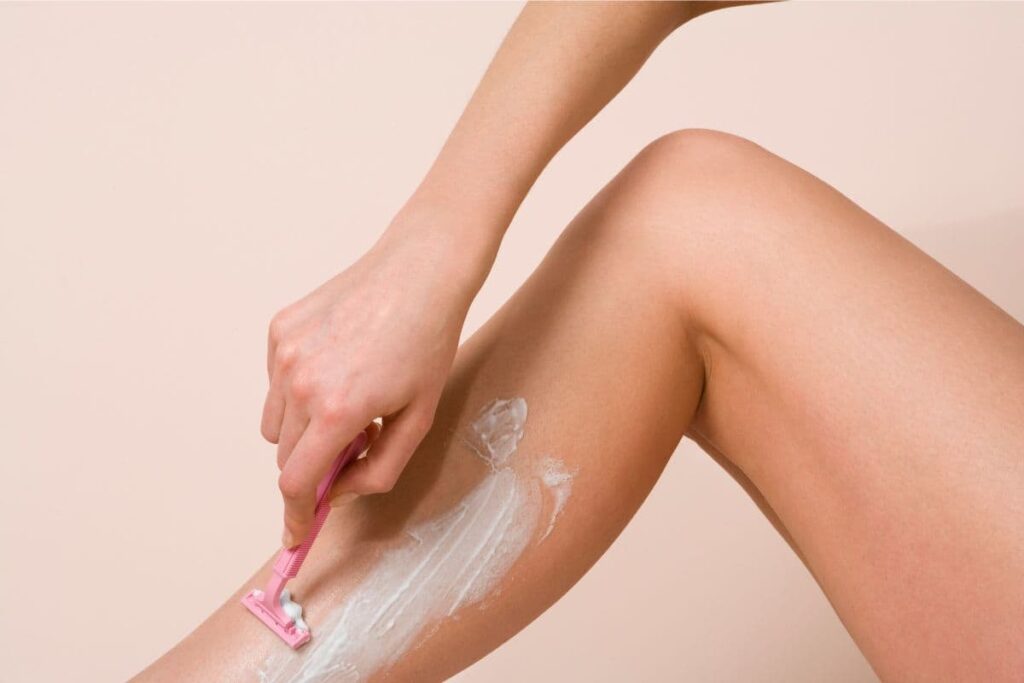
Ingrown hairs can be caused by various factors, including:
- Shaving: Improper shaving techniques or using a dull razor can result in ingrown hairs. When hair is cut too closely to the skin, it can grow sideways into the skin instead of outwards.
- Clogged hair follicles: Dead skin cells, dirt, and debris can accumulate in the hair follicles, causing hairs to grow sideways under the skin.
- Curling hair: Naturally curly or coarse hair has a higher chance of curling back into the skin and causing ingrown hairs.
- Tight clothing: Wearing tight clothing can create friction and pressure on the skin, irritating the hair follicles and leading to ingrown hairs.
Common Symptoms
Ingrown hairs can manifest in various ways, with some of the most common symptoms being:
- Redness: Inflammation around the ingrown hair can cause the skin to appear red and swollen.
- Pain: Ingrown hairs can be painful, especially if they become infected or are located in sensitive areas.
- Itchy skin: The skin around the ingrown hair may become itchy and irritated.
- Pus-filled bumps: In some cases, ingrown hairs can result in the formation of pus-filled bumps, which may require medical attention.
While ingrown hairs can be uncomfortable, there are effective treatments and preventive measures available, including the use of essential oils.
Essential Oils for Ingrown Hair Treatment
Ingrown hairs can be uncomfortable and often lead to irritation and inflammation. Using essential oils is an all-natural method to treat and soothe the affected areas. In this section, we will discuss five essential oils that can assist in the treatment of ingrown hairs.
Tea Tree Oil
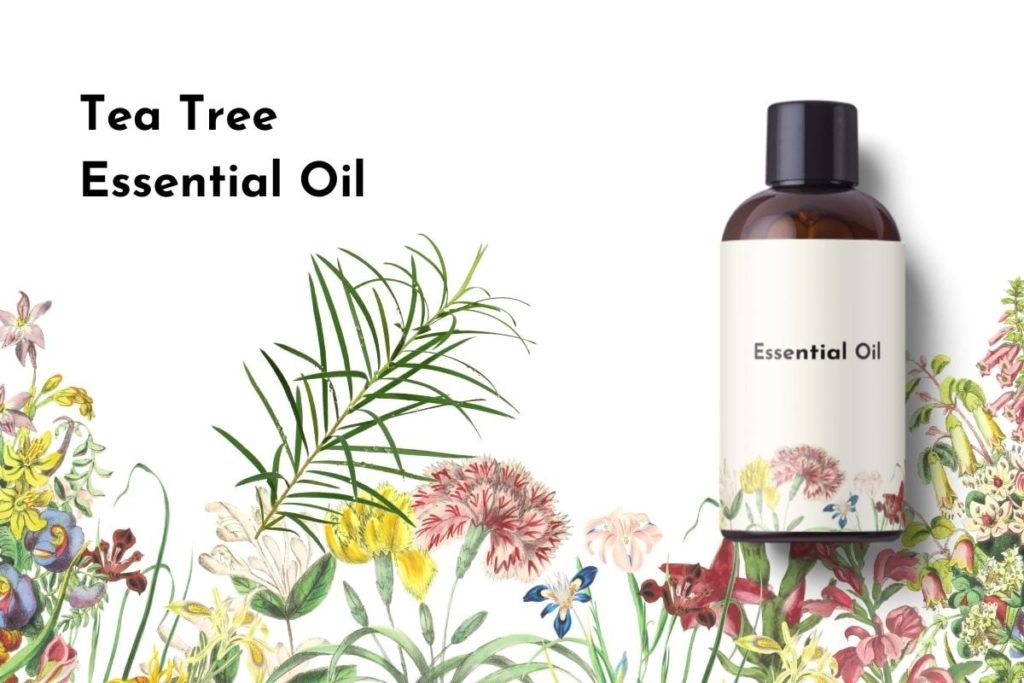
Tea tree oil is well-known for its antibacterial and anti-inflammatory properties, which can help reduce irritation and inflammation associated with ingrown hairs. It can also promote healing and prevent infection. To use tea tree oil for ingrown hair treatment, mix a few drops of the oil with a carrier oil (such as coconut oil or almond oil) and apply it to the affected area.
Lavender Oil
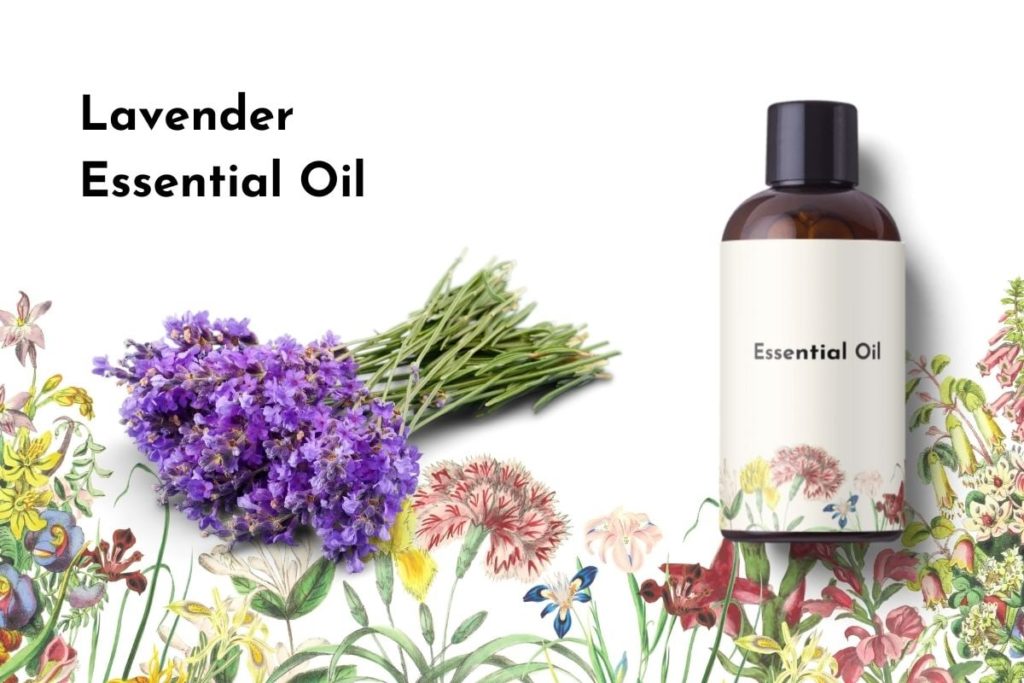
Lavender oil has skin-soothing properties, helps prevent infection, and reduces redness. Because of its antibacterial agent, terpene alcohol, lavender oil is effective in keeping the skin free of infection and germs. To use lavender oil, mix it with a carrier oil and gently massage it onto the ingrown hair area.
Peppermint Oil
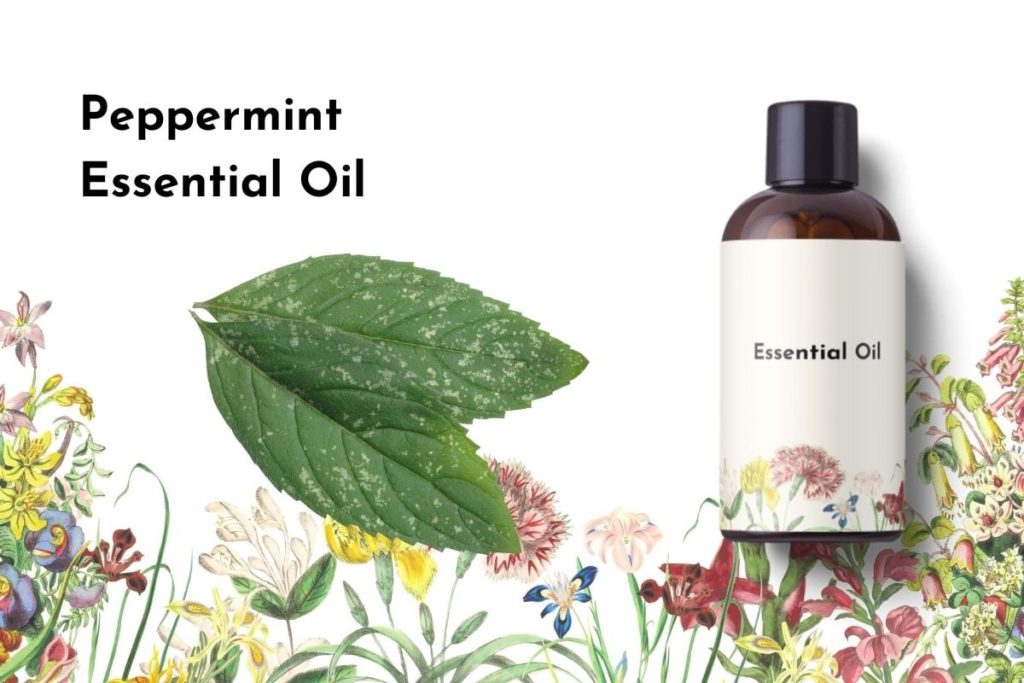
Peppermint oil is another essential oil that can effectively soothe inflammation and reduce itchiness associated with ingrown hairs. Peppermint oil also has a cooling effect on the skin, which can be beneficial for alleviating irritation. To use peppermint oil, mix it with a carrier oil and apply it to the affected area.
Eucalyptus Oil
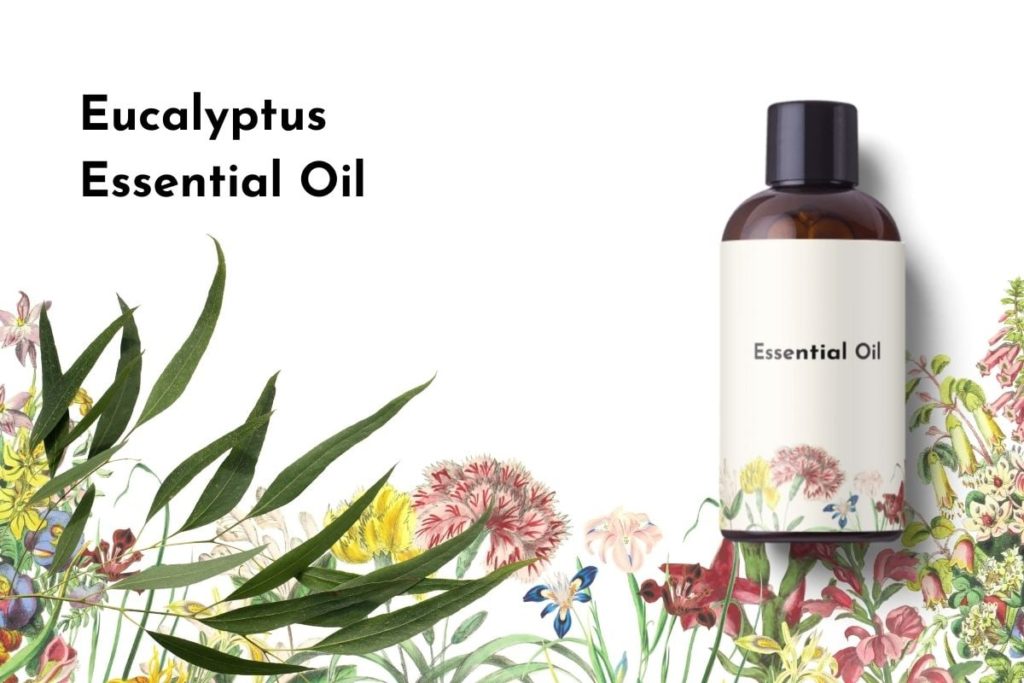
Eucalyptus oil is known for its powerful antiseptic and antibacterial properties, making it a useful essential oil for treating ingrown hairs. Furthermore, its anti-inflammatory properties can help reduce swelling and irritation caused by ingrown hairs. To use eucalyptus oil, dilute it with a carrier oil and apply it to the inflamed area.
Roman Chamomile Oil
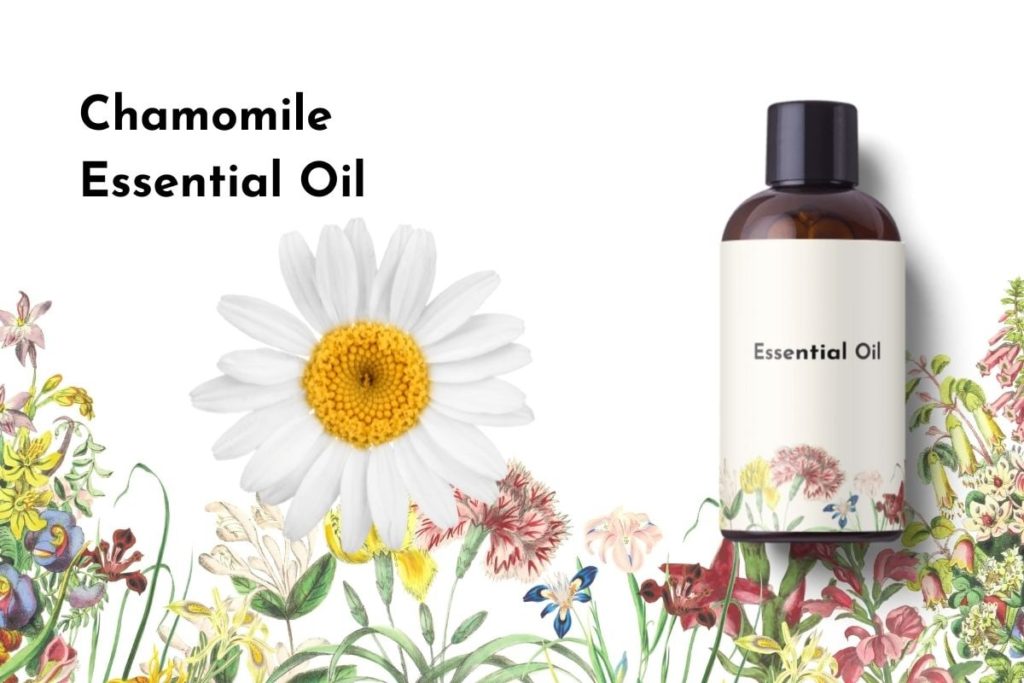
Roman Chamomile oil is another option for treating ingrown hair due to its anti-inflammatory and soothing properties. It can help calm irritated skin and reduce discomfort caused by ingrown hairs. To effectively use Roman Chamomile oil, mix a few drops with a carrier oil and gently massage it onto the affected area.
Using these essential oils can aid in the natural treatment of ingrown hairs, providing relief from irritation and inflammation. Ensure to dilute the essential oils with a carrier oil before applying them to the skin to prevent any adverse reactions.
How to Use Essential Oils for Ingrown Hair
Essential oils can be effective in treating ingrown hairs by reducing inflammation, soothing irritation, and promoting healing. To ensure the most beneficial results, it’s important to use essential oils correctly by following proper dilution and application techniques, as well as adhering to safety measures.
Dilution and Application
Before applying essential oils to the skin, they must be diluted with a carrier oil to avoid irritation. Common carrier oils include coconut oil, jojoba oil, and almond oil. A general rule of thumb is to mix 2-3 drops of essential oil with a teaspoon of carrier oil. For example, you can mix 2 drops of lavender essential oil and 3 drops of tea tree oil with 2 tablespoons of coconut oil for a homemade ingrown hair treatment.
Once your essential oil mixture is ready, you can apply a small amount to the affected area. Gently massage the oil into the skin and allow it to absorb. For best results, apply the treatment once or twice a day until the ingrown hair resolves.
Precautions and Safety Measures
When using essential oils for ingrown hair, it’s important to consider any potential risks or side effects. First, always opt for high-quality, 100% pure essential oils from a trustworthy source, such as organic tea tree oil. Additionally, store your essential oils in a cool, dark place in an airtight, opaque container to maintain their potency and shelf life.
Individuals with sensitive skin may need to further dilute essential oils or perform a patch test to check for any adverse reactions. Be sure to avoid contact with the eyes and mucous membranes, and if irritation occurs, discontinue use of the essential oil treatment. Lastly, pregnant or nursing women and individuals with medical conditions should consult with a healthcare professional before using essential oils.
Complementary Treatments
Aside from essential oils that can be effective for managing ingrown hair, there are various complementary treatments to explore. These treatments can help prevent and soothe ingrown hairs.
Exfoliation Techniques
Exfoliation is a crucial step in preventing and treating ingrown hairs. It works by removing dead skin cells, allowing the new hair to grow without obstruction. There are different techniques to exfoliate the skin, which include:
- Mechanical exfoliation: This involves using a scrub, brush, or sponge to gently rub the skin and remove dead skin cells. It’s essential to choose a suitable tool for your skin type and sensitivity level to avoid irritation.
- Chemical exfoliation: Utilizing mild acids or enzymes to dissolve dead skin cells, chemical exfoliation can be a powerful and gentle technique for those with sensitive skin. Examples of chemical exfoliants include alpha-hydroxy acids (AHAs), beta-hydroxy acids (BHAs), and enzyme-based exfoliants.
Regular exfoliation can help minimize the risk of ingrown hairs, but it’s crucial to avoid over-exfoliating, as it can lead to irritation and skin damage.
Proper Hair Removal Methods
Choosing and practicing the correct hair removal methods can considerably reduce the likelihood of developing ingrown hairs.
- Shaving: Shave in the direction of the hair growth, using a sharp and clean razor. Apply a suitable shaving cream or lubricant to soften the hair and protect the skin.
- Waxing: Ensure thorough skin cleansing and exfoliation before waxing to remove dead skin cells and any oils or dirt that might obstruct hair removal. Follow the manufacturer’s instructions for the waxing product, and promptly apply a soothing aftercare treatment.
- Epilating: Choose an epilator suitable for your hair type and the specific area you’re treating. Exfoliating and moisturizing the skin before and after using an epilator can prevent ingrown hair formation.
Properly following these hair removal methods can help prevent many ingrown hair issues, making it easier to manage and maintain smoother, healthier skin.
Conclusion
In conclusion, essential oils can be a natural and effective solution for managing and preventing ingrown hairs. Some essential oils, such as tea tree oil, oregano, and geranium, have been found to help reduce inflammation, soothe irritated skin, and promote healing. It is crucial, however, to dilute these essential oils properly before application, using a carrier oil such as jojoba or sweet almond oil.
While these essential oils can be beneficial in managing ingrown hairs, it is essential to maintain a consistent skincare routine that includes gentle exfoliation, moisturization, and good hair removal techniques. Combining essential oils with a proper skincare routine can help minimize the occurrence of ingrown hairs and promote healthier skin.
It is important to remember that individual results may vary and consult with a healthcare professional, especially if irritation occurs or the issue persists. Essential oils should be used with caution, as they can cause irritation or allergic reactions, especially to sensitive skin.

